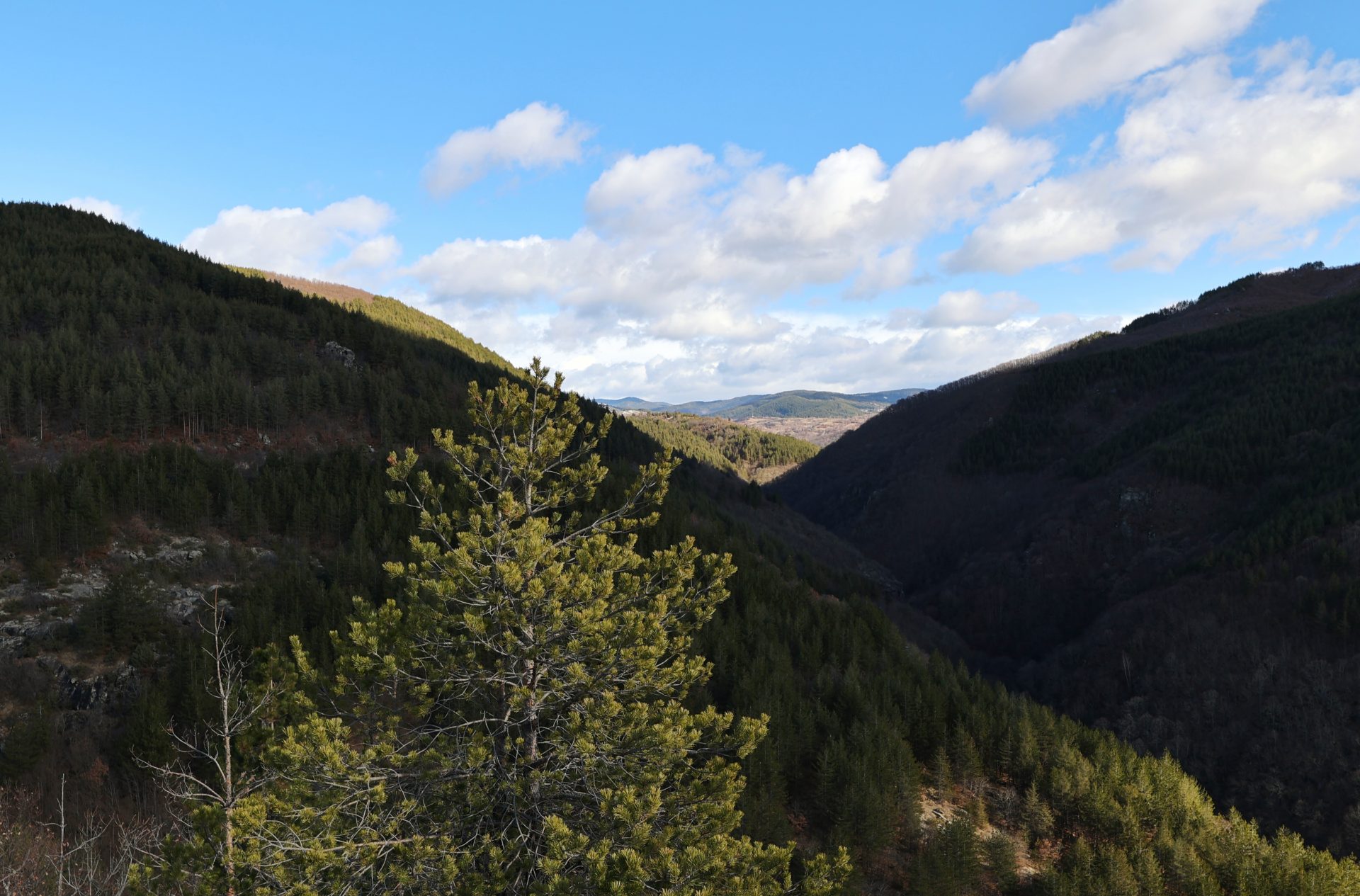Unique model for forest management in forestry cooperatives in the Rhodopes is presented in a European study

SMOLYAN – The unique model of forest management and stewardship in forest owner cooperatives in the Rhodope Mountains of Southern Bulgaria will be presented in a European study focused on small forest holdings. This was stated to BTA by Yanko Karamitev, chairman of the National Association of Private Forest Owners “Forest Owner”, based in Chepelare. The association is the only Bulgarian participant as a beneficiary in the European project SMURF – Forest Owners’ Project, funded by the EU under the “Horizon Europe” program.
In Europe, there are forms of cooperation among forest holdings, but the forest owner cooperatives in the Rhodopes are the only ones managing forests in joint ownership, Karamitev clarified. According to him, forest cooperatives have established themselves as a successful business model in the Chepelare and Smolyan areas, and could also be applied in other European countries as a viable alternative for sustainable forest management. This aligns with one of the goals of SMURF to encourage small holdings to consolidate in forest management, according to representatives of the association in Chepelare.
The fragmentation of forest properties was identified as a common problem for Europe at the first conference of the project, held from May 20 to 22 in Rome, Karamitev noted.
The “Forest Owner” association is conducting surveys of 15 small forest holdings in the Rhodopes, the Stara Planina, and the Troyan Balkan. The results of the surveys and research will be provided in a large-scale European study on small forest holdings. According to the requirements of the SMURF project, various types of holdings have been studied with the widest possible range in terms of diversity of tree species, managed area, and type of ownership. The main questions that users and forest owners answer are related to the problems and challenges they face in managing their holdings.
There is a prevailing opinion among respondents that a forest owner cannot rely solely on income from timber harvesting, Karamitev said. He recalled the recently widespread view that forest ownership is one of the least desirable forms of ownership in Bulgaria. In recent years, restrictions on forest holdings have increased, society has more and more demands on forests, but there are no incentives and benefits for owners, believes the chairman of the “Forest Owner” association. Against the backdrop of the ongoing fragmentation of forest properties not only in Bulgaria but also as a European trend, Karamitev highlighted the advantages of managing forests through cooperatives. The experience of forest owner cooperatives in the Rhodopes will be included in both the European study and in video films showcasing the activities of the “Forest Owner” association to the partners of the SMURF project.
As a partner in SMURF, the “Forest Owner” association is part of the European Laurus network of private forest owners. Forest owners from Chepelare are already participating in online discussions and training alongside 35 associations of owners from over 15 countries. The participation of the National Association will contribute to the exchange of experience with forest owners and their representing associations from Europe, said Yanko Karamitev. (September 18)

















































